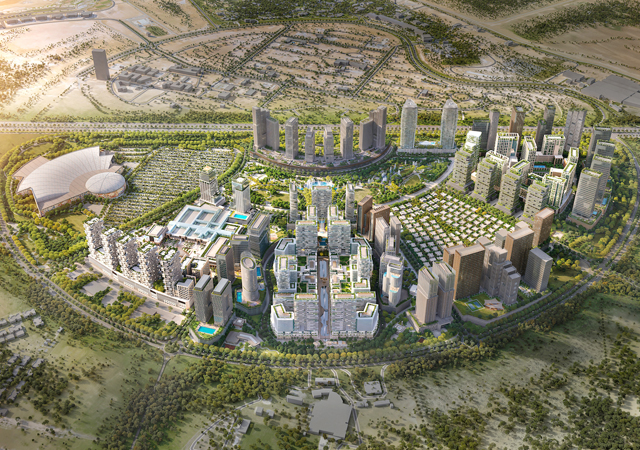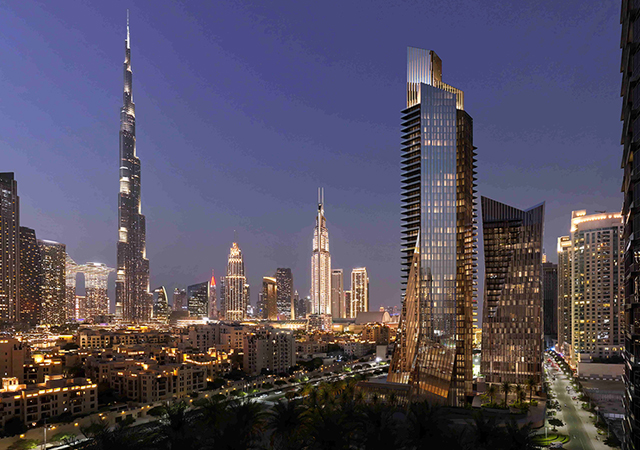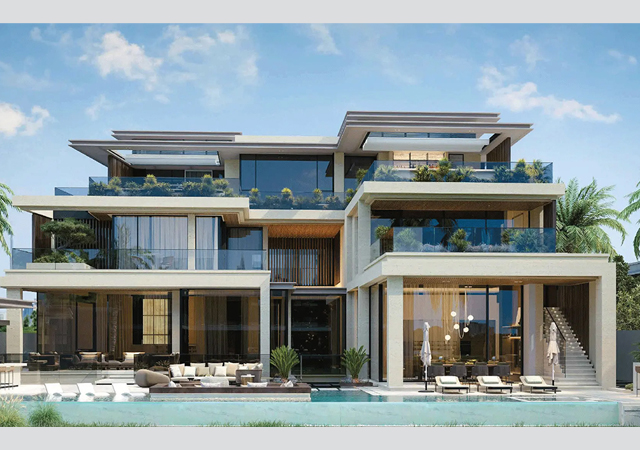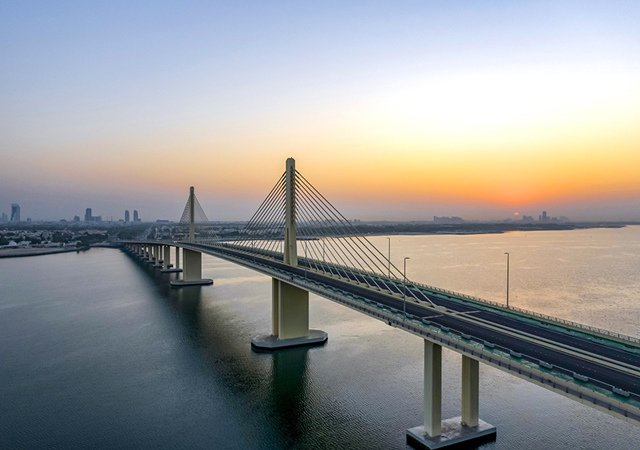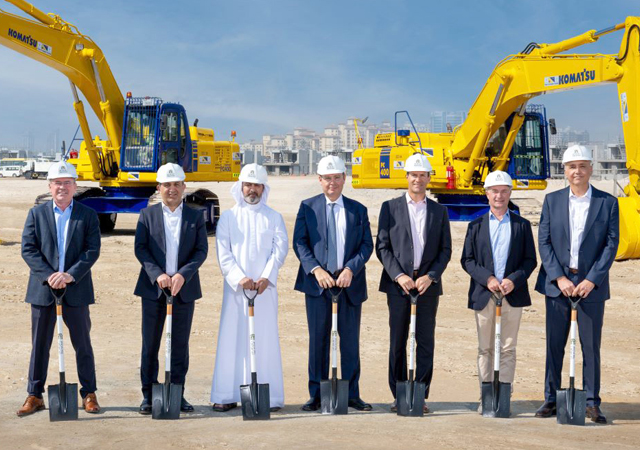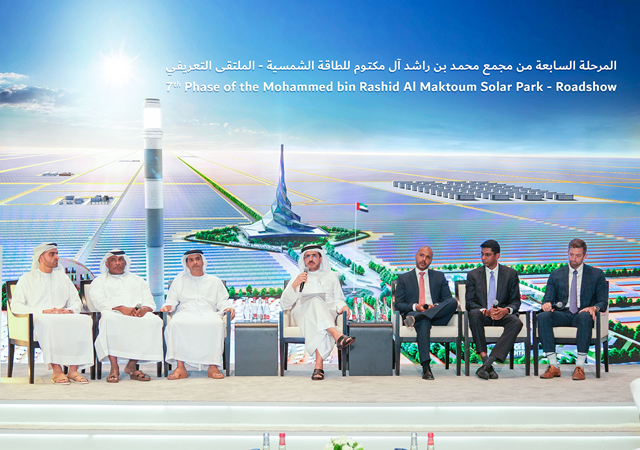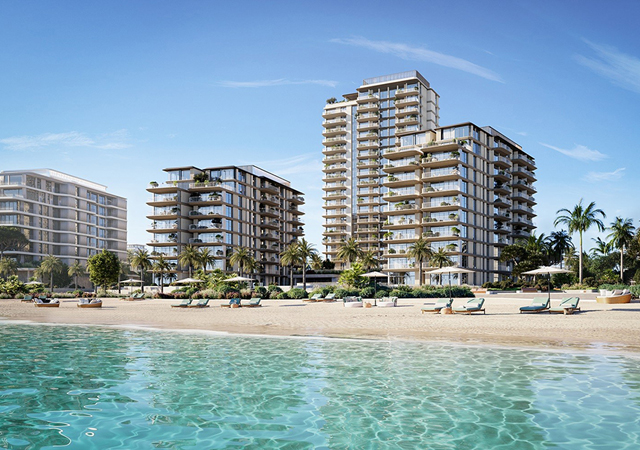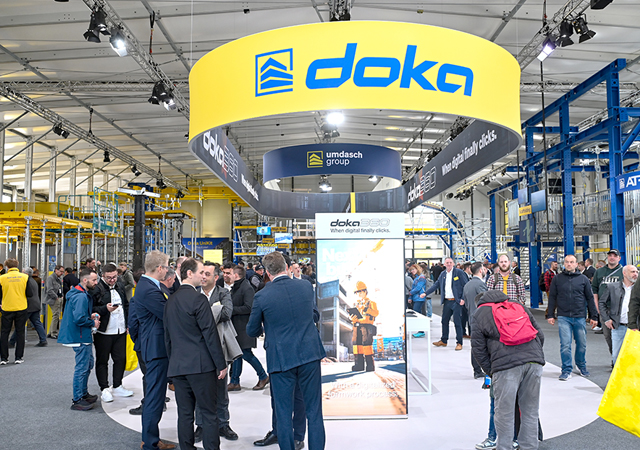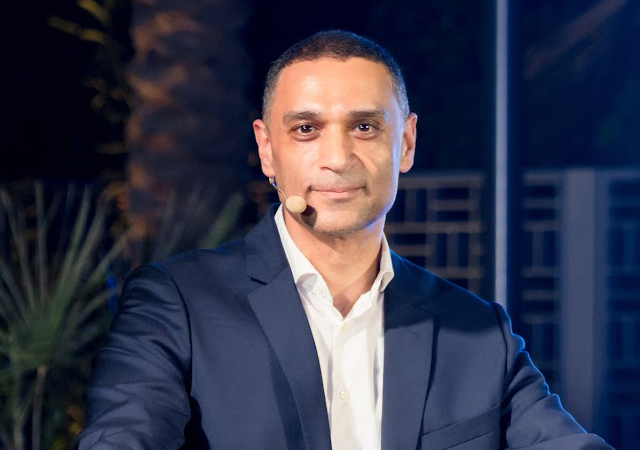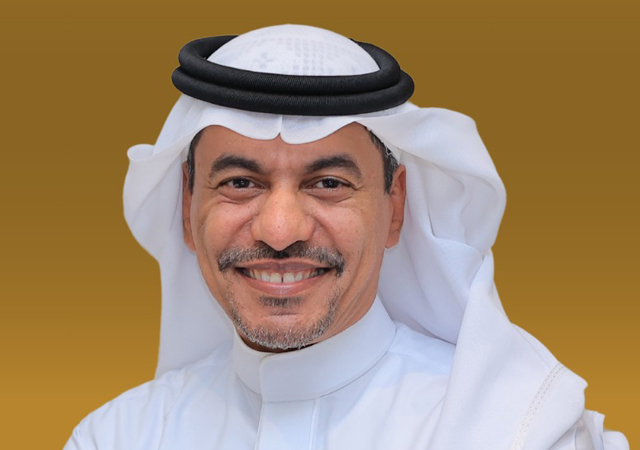
 Insulated sandwich panels used at the BMW showroom, Abu Dhabi.
Insulated sandwich panels used at the BMW showroom, Abu Dhabi.
TIGER Profiles and Insulation of the UAE says it has successfully achieved certification for its polyisocyanurate (PIR) insulation core from Dubai Municipality, in addition to its already approved polyurethane foam (PUR) insulation.
Its factory-made rigid PUR and PIR insulation are now both approved as Class E as per EN 13501-1:2007, which are used in the manufacture of roof and wall sandwich panels, concealed fix wall panels, cold store systems and panels, and pre-insulated partition panels and ventilation ducts.
The Sharjah-based roofing and cladding company designs products that meet the fundamental requirements of performance, versatility and aesthetic appeal, while embodying all the attributes of regular cladding materials.
“In building construction, cladding refers to the application of one material over another to provide a skin or layer intended to control the infiltration of climatic elements, or for aesthetic purposes.
 |
|
The roof or wall profiles ... on the production line. |
Hence, this ‘control system’ generally serves to safely direct water or wind in order to control run-off and prevent infiltration into the building structure,” says Bernard Nasr, CEO. “With the use of Tiger Profiles’ products, clients are assured of best quality cladding that will withstand years of exposure to these elements.”
With cladding being a core segment of Tiger Profiles’ extensive manufacturing operations, the company offers a comprehensive array of products that include roof and wall sandwich panels, roof and wall profiles, and a number of complementary accessories and solutions that are custom-made to individual clients’ needs.
The insulated cladding produced by Tiger Profiles is available with PUR – both in B2 and B3 – and rigid PIR foam as well as mineral wool insulation – all approved by Dubai Municipality and relevant authorities.
Its foam insulated systems are manufactured with the use of N-pentane blowing agents that are in line with the UN’s Montreal Protocol of 1987 addressing chemicals that affect the ozone layer, as well as mandates set by the US Environmental Protection Agency (EPA) to meet the requirements of Title VI of the Clean Air Act (Section 602), he says.
“Moreover, the N-pentane utilised by Tiger Profiles has been officially recognised to have zero ozone depletion potential (ODP) and zero global warming potential (GWP),” he adds.
Tiger Profiles’ cladding range includes both insulated and non-insulated roof and wallprofiles/panels.
The roof and wall profiles come in various dimensions (see table), with the specifications offered for TR 102/275 being produced uniquely by Tiger Profiles in the region, he says. In addition, the firm offers the non-insulated Sinusoidal profile 18/76, which has a height of 18 mm and a pitch of 76 mm and insulated concealed fix wall panels, which are characterised by hidden fasteners that provide a clean and flat look. These panels are available in a number of facings including flat, micro, micro-plus, V and shallow ribbed-type panels and stripes.
Tiger Profiles’ insulated products, which are provided with PUR or PIR foam insulation, are described by Nasr as being easy to handle and relatively lighter in weight than those with other cores. They are able to offer high insulation values, can be produced with large spans, and ensure very low water vapour permeability due to their closed cell structure.
Products that are insulated using mineral wool are also manufactured by Tiger Profiles and these are water repellent, non-hygroscopic and non-capillary and have international standard thermal conductivity values, acoustic properties and fire safety capabilities.
 |
|
Tiger Profiles can produce 30,000 sq m per day of sandwich panels. |
Tiger Profiles can produce 30,000 sq m per day of 45/150 and 45/250 sandwich panels; 2,500 sq m per day each of cold store and mineral wool insulated panels; 8,000 sq m per day of PUR/PIR insulated roof and wall panels and partitions; and 10,000 sq m of ventilation duct panels.
To complement its cladding solutions, Tiger Profiles produces a range of metal building profiles and accessories, providing its clients with a true one-stop shop for their building requirements.
They include:
• Z purlins and Z and C channels, which can be used for large spans of up to 11 m. Offering the benefits of economy and quick installation, they have a high strength-to-weight ratio and can cater for the most flexible design requirements as per client needs.
• Sag rods: Also known as bridging or tie-rods, they can be used to minimise manpower, time and cost needed to accurately and efficiently install the purlins and panels.
• Flashings and accessories: With the ability to accommodate complicated shapes and designs, the flashing options produced by Tiger Profiles are suited to seal membrane edgings at walls, expansion joints, drains, gravel stops and other places where the membrane, cap or counter flashing shields the upper edges of the base flashing.
Tiger Profiles has the capacity to produce 12,000 m per day of Z and C purlins; 2,800 m per day of sag rods; and 200 tonnes per month of flashings and accessories.
Apart from these systems, Tiger Profiles offers its well-known T-Seam (standing seam system), which is said to provide more than 15 years of superior maintenance-free performance, and the K-Span system.
FM-approved and suitable for cladding and for roofing, the T-Seam panels offers effective weather-tightness and are a popular choice for new constructions, retrofit applications and expansion of existing buildings, he says. They have been engineered to withstand rain, wind, snow and sun, in addition to coping with the stresses of thermal expansion. T-Seam profiles are available in various widths and heights to accommodate almost any client needs. In most instances, these are roll formed on site by a portable T-Seam manufacturing machine, thereby reducing the risk of panel damage during shipping, he says.
 |
|
Concealed fix wall panels ... characterised by hidden fasteners that provide a clean and flat look. |
K-Span panels, which are similar to T-Seam ones, are self-supporting and modular and are roll-formed on site. They are connected in a straight or arched fashion, eliminating the need for columns, beams, or any other type of interior support, Nasr points out.
Tiger Profiles also offers a range of deck profiles including the TR 60/300, used for roof and floors, TR 47/180, TR 75/300 and TR 102/275 – where the numbers correspond to the corrugated depth and pitch respectively.
Established in 1993 as the cladding arm of the 40-plus-year-old Tiger Steel Group of Companies, Tiger Profiles caters to its diverse markets through its three plants, efficiently serving the needs for its specialised products and systems in the GCC, Middle East, Asia and Africa.
Tiger Profiles holds product and system certifications, which include approval from FM (US), DBIT (Germany) and Dubai Municipality and Dubai Civil Defence for its T-Seam. It is a member of the US Green Building Council, UN Global Compact and the Emirates Environmental Group.


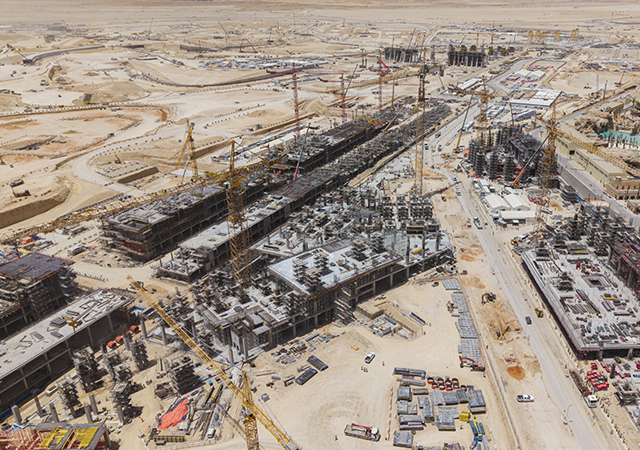
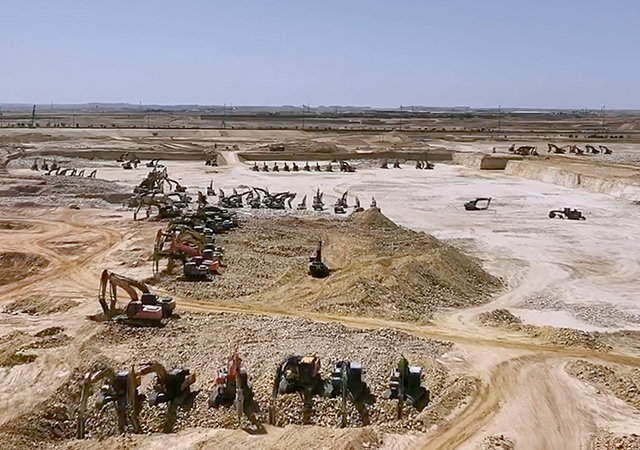
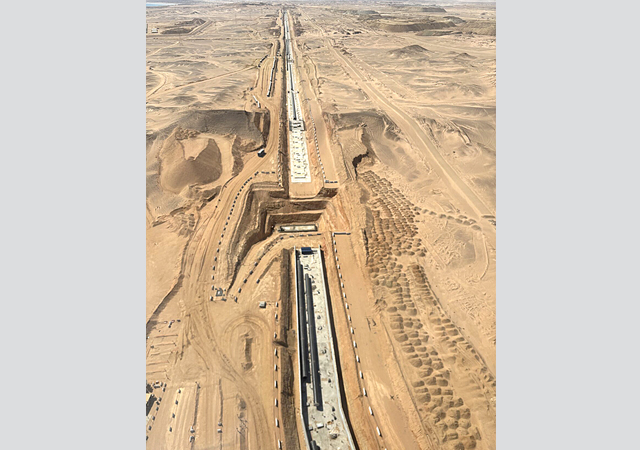
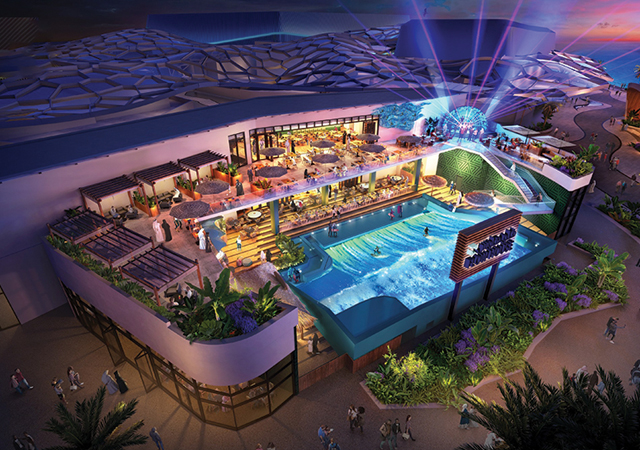
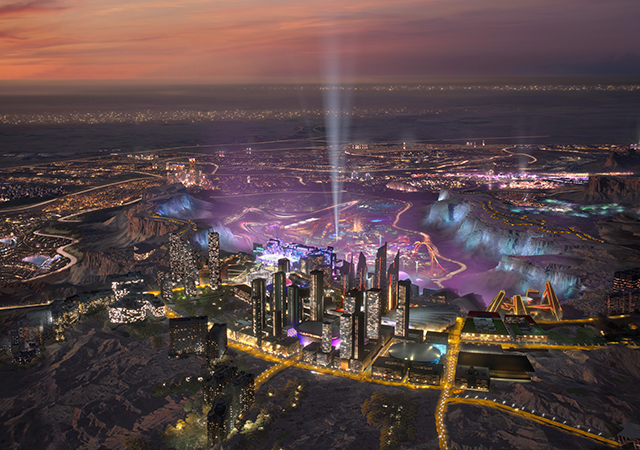
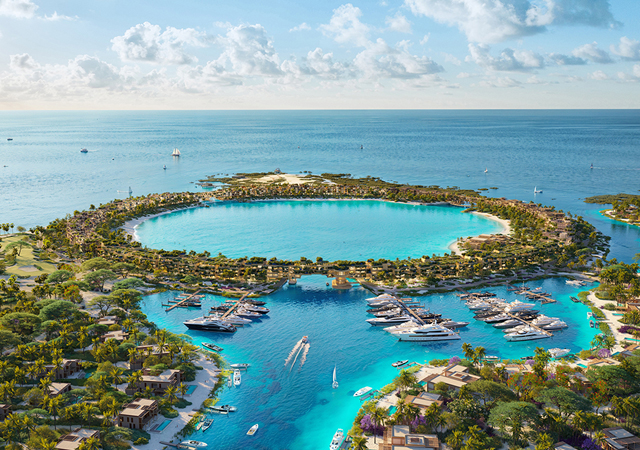
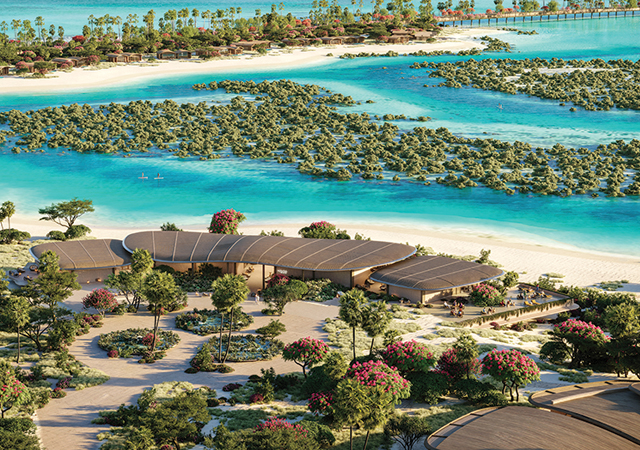
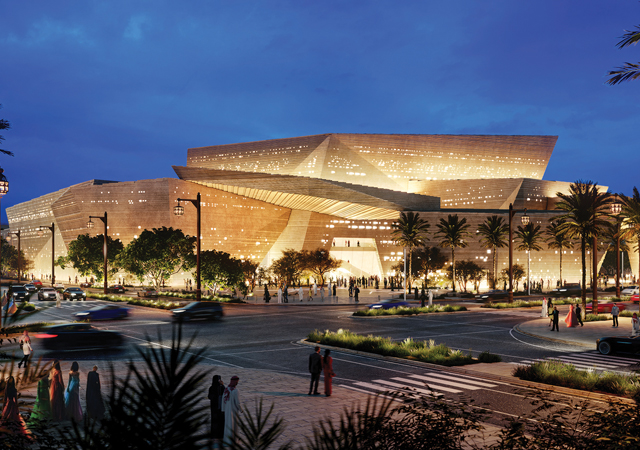
 BIG.jpg)
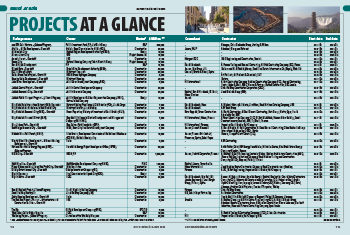
.jpg)
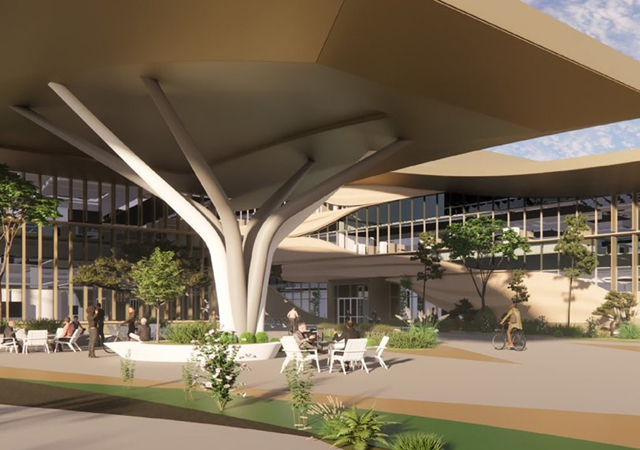
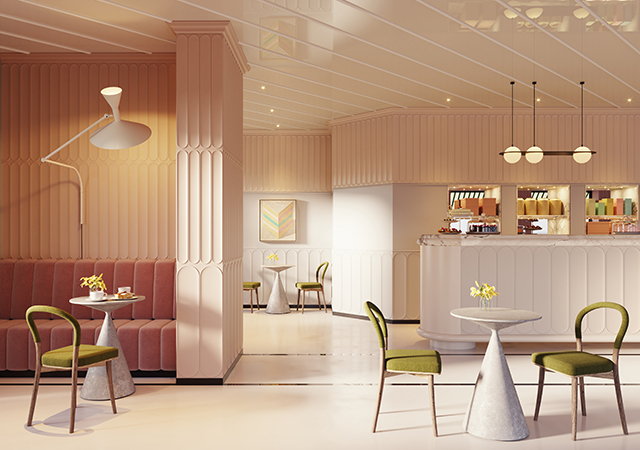
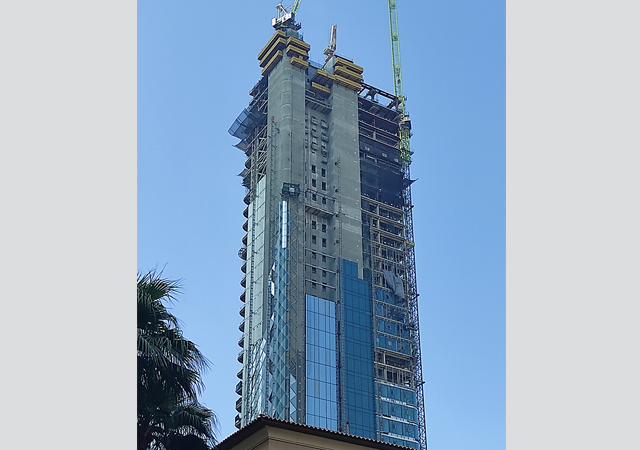
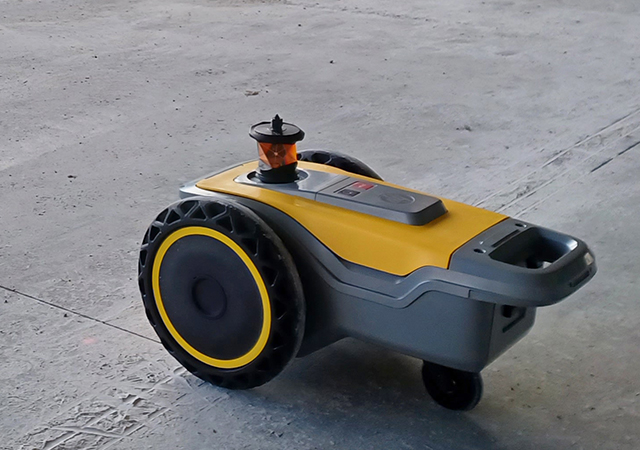
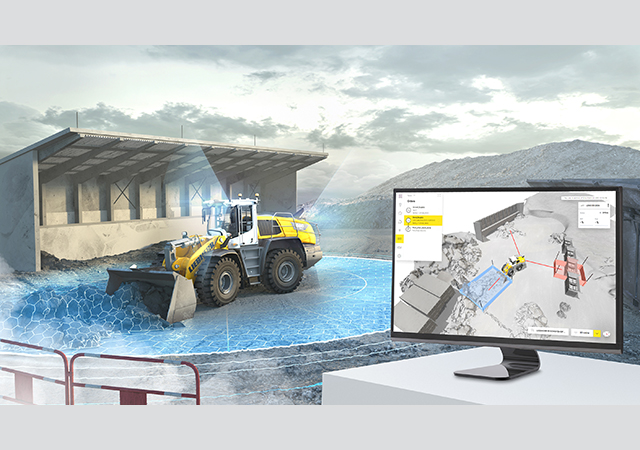
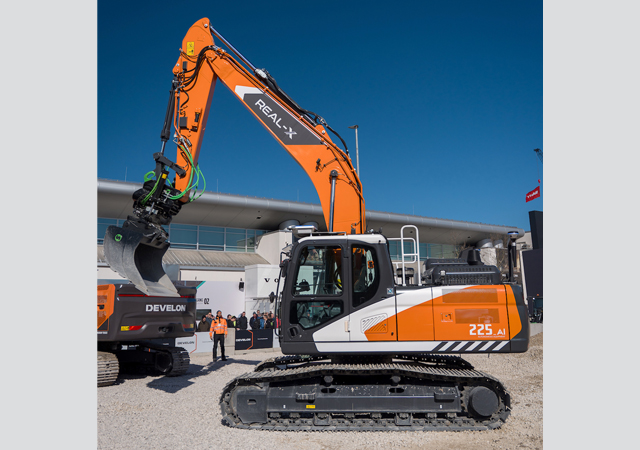
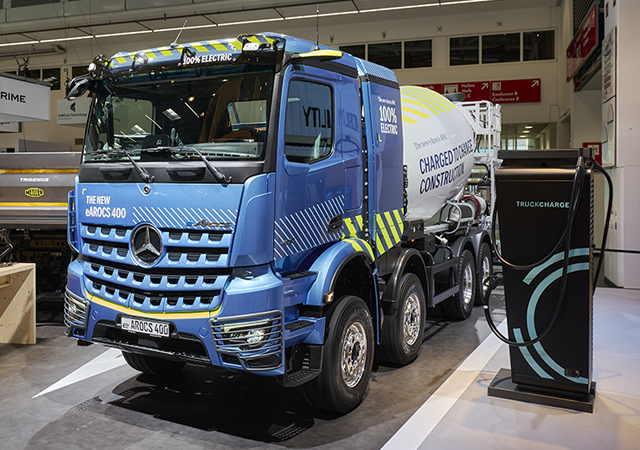

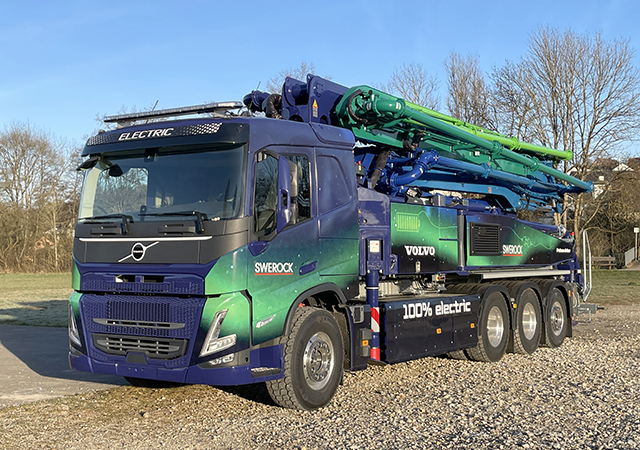

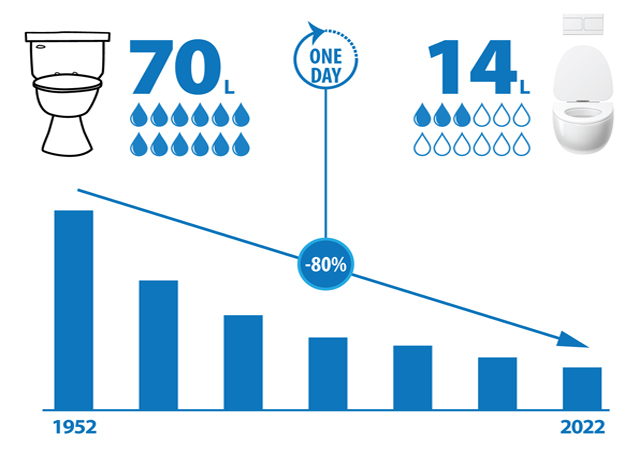

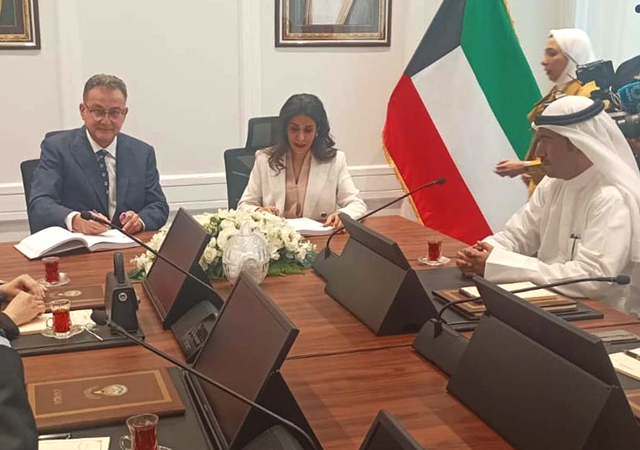
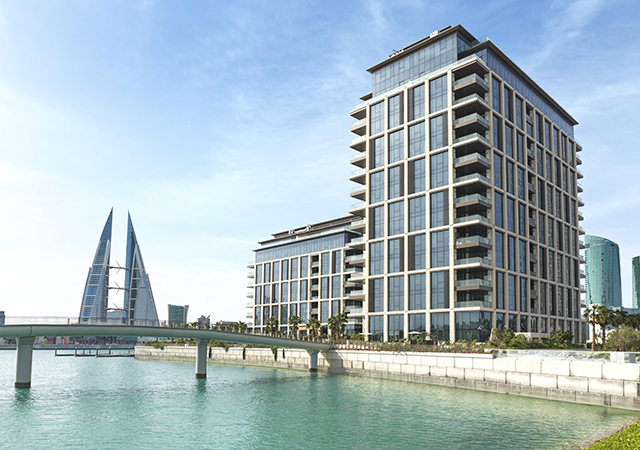
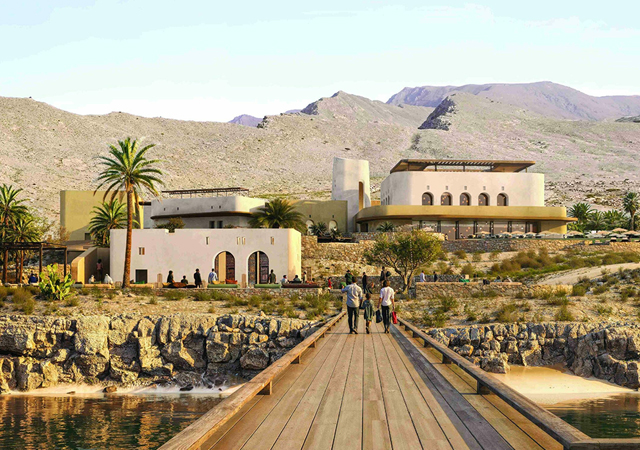
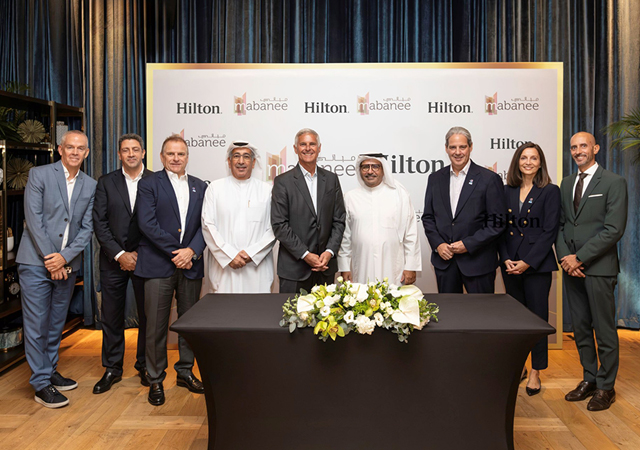

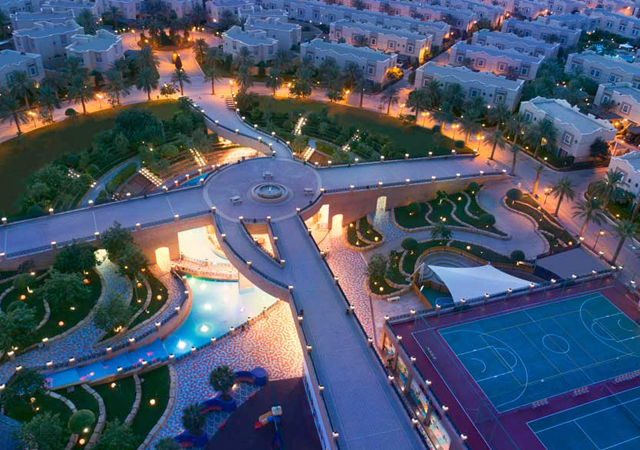
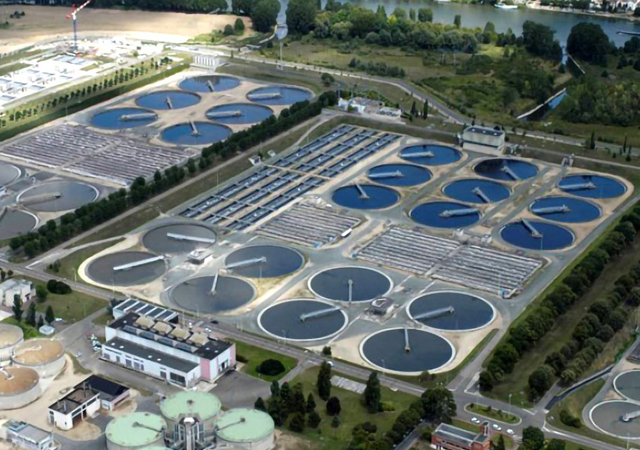
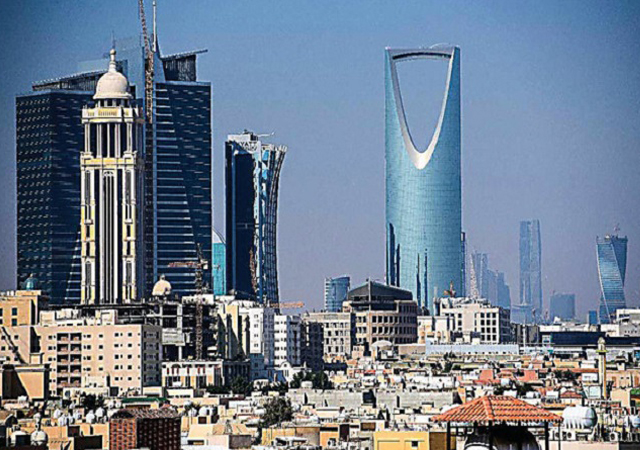

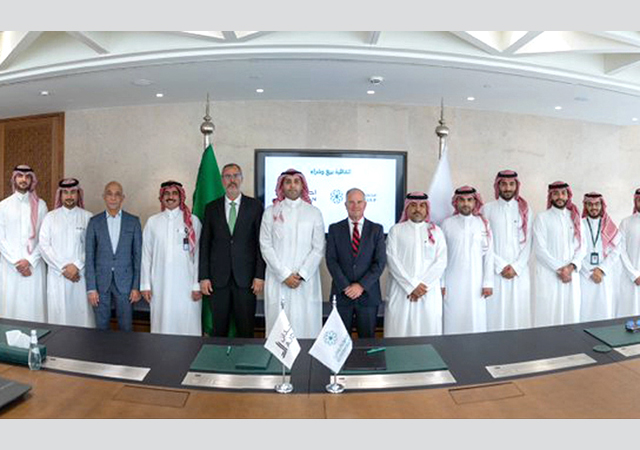
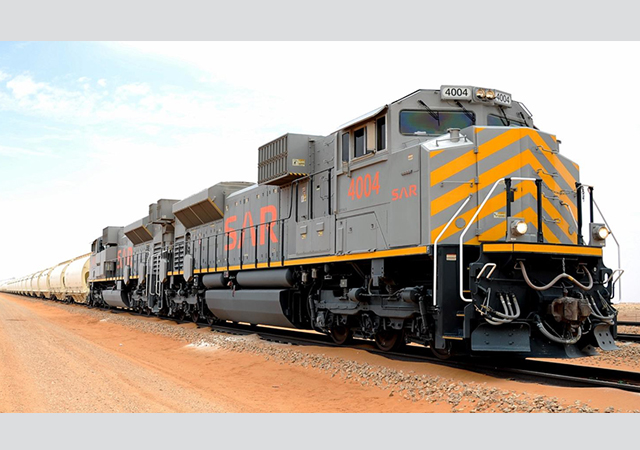
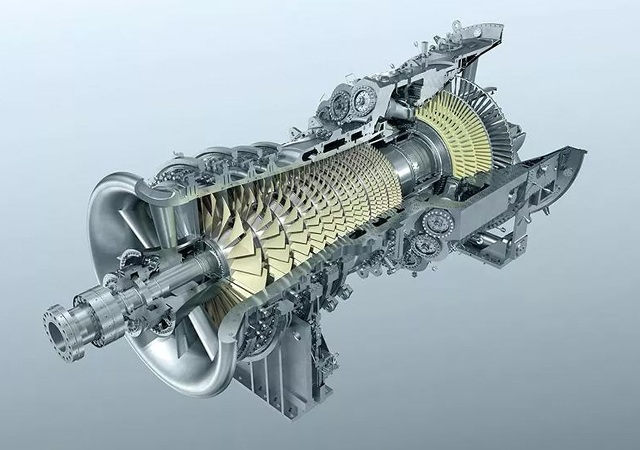
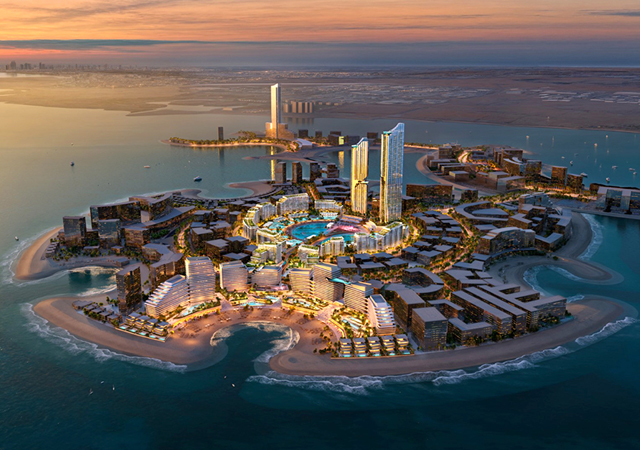
.jpg)
